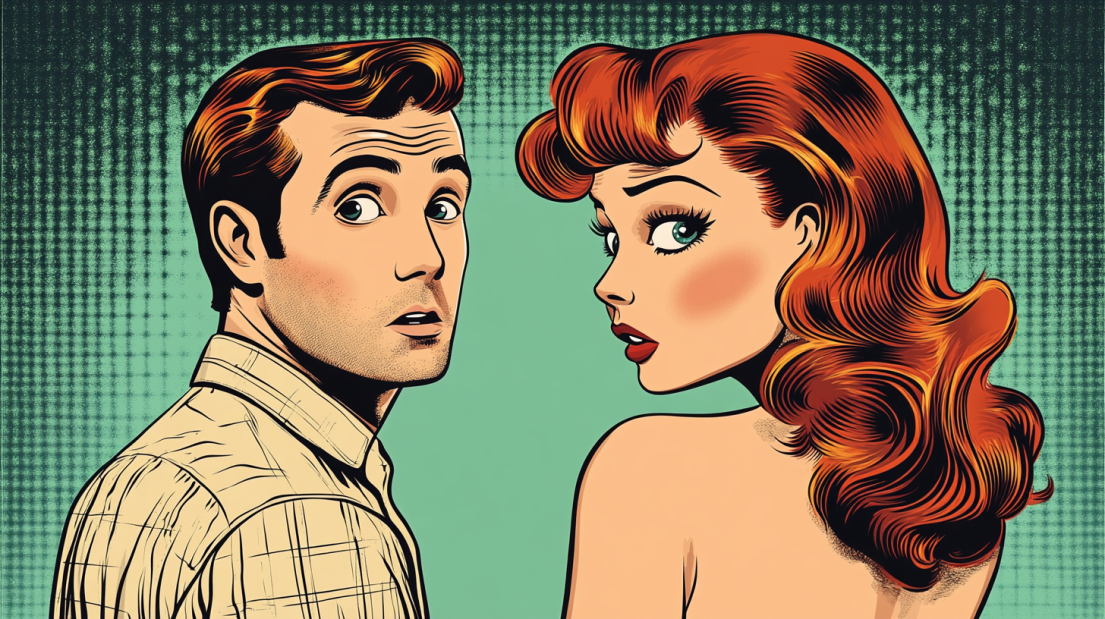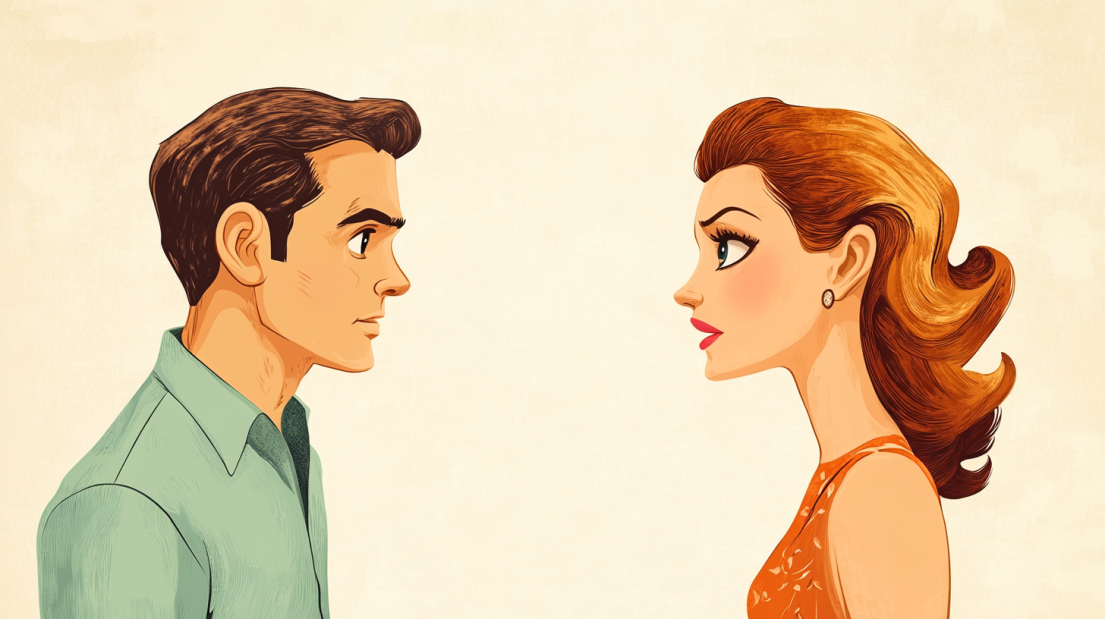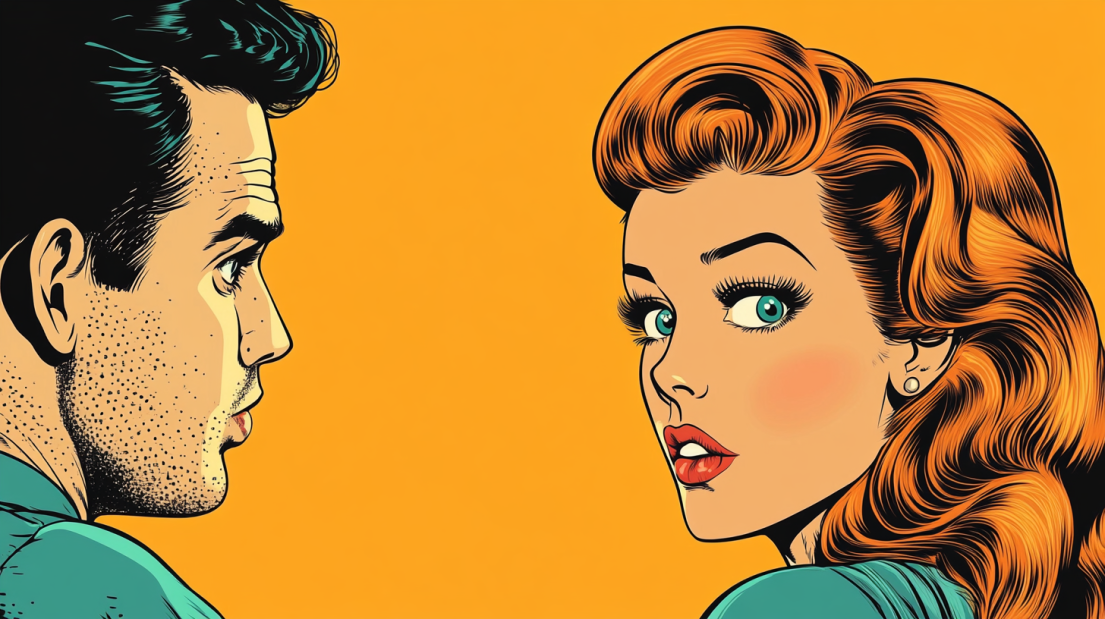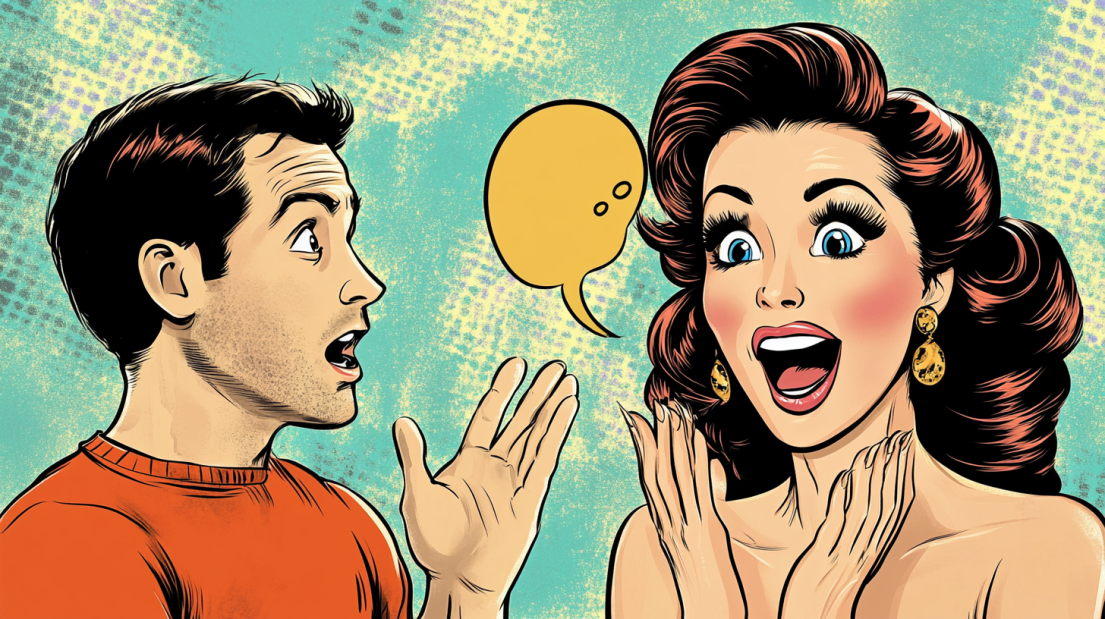
Venustraphobia is an intense and irrational fear of beautiful women, a condition that can cause overwhelming anxiety and disrupt everyday life.
This phobia can deeply affect personal relationships, social interactions, and even professional opportunities, leading to isolation and emotional distress.
Understanding Venustraphobia is crucial as it sheds light on the challenges faced by those who struggle with this fear.
In this blog, we will explore the causes, symptoms, and effective treatment options for Venustraphobia, offering insights to help individuals manage and overcome this debilitating condition.
What is Venustraphobia?

Venustraphobia is a specific phobia characterized by an irrational and intense fear of beautiful women.
The term combines the name of Venus, the Roman goddess of beauty, with “phobos,” the Greek word for fear.
Unlike general anxiety, which might cause discomfort in social situations, Venustraphobia triggers severe panic, specifically in the presence of attractive women, making it a unique and focused fear.
While this phobia isn’t widely recognized or extensively studied, it is a real condition that affects those who experience it.
The lack of acknowledgment in mainstream psychology doesn’t diminish its impact on individuals’ lives, making understanding and addressing it crucial.
Causes of Venustraphobia

Venustraphobia can stem from a variety of factors, each contributing to the development of this specific fear.
Genetic Factors
Some individuals may be genetically predisposed to anxiety disorders, including specific phobias like Venustraphobia. A family history of similar conditions can increase the likelihood of developing this fear.
Negative Experiences
Traumatic encounters, such as rejection or ridicule by a beautiful woman, can deeply impact a person. These negative experiences may lead to an association between beauty and fear, triggering Venustraphobia.
Learned Behavior
Observing others who display anxiety or fear around attractive women can influence a person to internalize similar reactions. Over time, this learned behavior can evolve into a full-blown phobia.
Media Influence
The media often exaggerates beauty ideals, creating unrealistic standards that intensify feelings of inadequacy or fear. Continuous exposure to such portrayals can contribute to the development of Venustraphobia.
Stress and Mental Health
High levels of stress can weaken one’s mental resilience, making it easier for phobias to take root.
Individuals already dealing with stress or anxiety may find themselves more susceptible to developing fears like Venustraphobia.
Symptoms of Venustraphobia

Venustraphobia manifests through a range of symptoms, affecting both the body and mind.
1. Physical Symptoms
Individuals with Venustraphobia often experience intense physical reactions when confronted with beautiful women.
These can include trembling, shortness of breath, nausea, sweating, and a rapid heartbeat. In severe cases, these symptoms might escalate to dizziness, chest pain, or fainting.
2. Emotional and Psychological Symptoms
Emotionally, those suffering from Venustraphobia may feel an overwhelming fear of embarrassment or losing control.
This fear can lead to a loss of reality, where the person feels disconnected or trapped in their anxiety. Feelings of helplessness and a constant dread of encountering attractive women can dominate their thoughts.
3. Impact on Daily Life
The symptoms of Venustraphobia can severely disrupt everyday life. Relationships may suffer as the person avoids social situations where they might encounter attractive women.
Professional life can also be affected, as fear may prevent engagement in meetings, presentations, or events. Over time, this avoidance can lead to isolation and further emotional distress.
Psychological Perspective of Venustraphobia
Understanding the Fear
The fear triggered by Venustraphobia is deeply rooted in the mind’s automatic response to perceived threats.
From an evolutionary standpoint, fear has always been a protective mechanism, helping humans avoid danger.
However, in Venustraphobia, this fear response becomes misdirected. The mind mistakenly perceives beauty as a threat, possibly due to past negative experiences or deep-seated insecurities.
This misinterpretation of beauty as a danger leads to the overwhelming anxiety associated with this phobia.
Connection to Self-Esteem
Low self-esteem and social anxiety are significant factors that can intensify Venustraphobia.
Individuals who struggle with their self-image may feel particularly vulnerable when faced with someone they perceive as more attractive.
This comparison can trigger feelings of inadequacy, which, combined with social anxiety, may escalate into a full-blown phobia.
The fear of being judged or rejected by someone deemed beautiful can further reinforce the phobic response, creating a cycle of avoidance and heightened anxiety.
Treatment Options for Venustraphobia

Self-Help Strategies
Engaging in self-care activities, practicing positive self-talk, and setting achievable personal goals can help individuals feel more confident and less threatened by the presence of beautiful women.
Journaling, meditation, and regular exercise are also effective ways to boost mental well-being and reduce anxiety.
Cognitive Behavioral Therapy (CBT)
Cognitive Behavioral Therapy (CBT) is a proven method for treating phobias like Venustraphobia. CBT works by helping individuals identify and challenge the negative thought patterns that fuel their fear.
Through structured sessions, individuals learn to reframe their thoughts, recognizing that their fear is based on irrational beliefs. Over time, CBT can significantly reduce the anxiety associated with this phobia.
Desensitization Therapy
Desensitization therapy involves gradual exposure to the fear-inducing stimuli in a controlled environment.
For someone with Venustraphobia, this might mean slowly increasing their interactions with beautiful women, starting with less intimidating situations and progressing to more challenging ones.
The goal is to reduce the phobic response over time, allowing the individual to handle these encounters without experiencing overwhelming anxiety.
Professional Help
For those with severe Venustraphobia, seeking support from a mental health professional is essential.
Therapists can offer personalized treatment plans, combining techniques like CBT and desensitization with other therapeutic approaches.
Professional help ensures that individuals receive the guidance and support they need to overcome their phobia and improve their quality of life.
Conclusion
Venustraphobia, though not widely recognized, is a real and impactful condition that can significantly disrupt the lives of those affected.
Understanding its causes, symptoms, and treatment options is crucial for both those experiencing this phobia and those supporting it.
Individuals can work towards overcoming their fears by addressing the root causes, such as negative experiences or learned behaviors, and seeking effective treatments like CBT and desensitization.
If you or someone you know is struggling with Venustraphobia, consider taking steps toward professional help to regain control over your life and improve your well-being.
